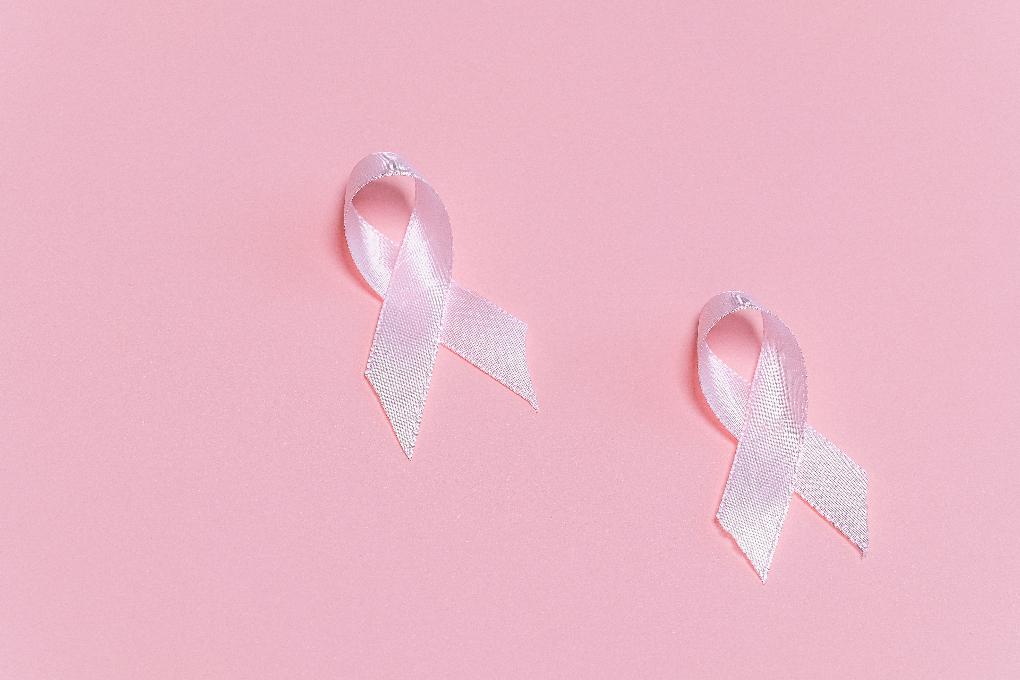October is Breast Cancer Awareness Month, so here at Veera, we want to share with you some statistics that you might not know about breast cancer. In the last several years, breast cancer has become the leading cause of cancer-related deaths in Indian women, now passing cervical cancer. India is also seeing a trend where younger women in their 20s and 30s are now getting diagnosed with breast cancer at an increasing rate compared to other countries.
Don’t fret though – breast cancer is largely curable if caught in the early stages. Many Indian women remain unaware of their risk for breast cancer, how to identify it, and how to get screened for it, which means that it gets caught later in the disease course decreasing the chance of survival.
Let’s first start with understanding what it is, how common it is, and what can increase your risk for it. Read our other articles to learn about signs and symptoms and methods of screening.
What is Breast Cancer?
Our bodies are made up of different cells, each with a particular function depending on which organ it is located in. Usually, cells divide and reproduce in a predictable way. Cancer arises when cells mutate then divide rapidly, creating a mass that then disrupts the ability of that organ to function properly. These cells can then spread (known as metastasis) to other parts of the body causing problems there, as well.
Breast cancer is when this process happens in the breast tissue and can occur both in females and males, although it much more common in females. There are different types of breast cancer depending on where in the breast it develops. If caught early when the cancerous cells are a smaller mass or before the cells spread to other parts of the body there is a better chance of survival.
How Common is Breast Cancer?
Breast cancer represents about one-third of all cancer diagnoses in Indian women. About 1 in 28 women will get diagnosed with breast cancer in India in their lifetime. Think about your class in school – you probably can name 28 girls. Although the incidence of breast cancer is less than in other countries such as the United States, the chance of survival for the Indian woman once diagnosed is 66% compared to 95% survival in the United States.
This is not because of the lack of available treatments, but because there is a general lack of awareness about recognizing signs and symptoms as well as women not knowing that they should be annually screened for breast cancer. Indian women tend to present later with more advanced disease, instead of earlier when chances of survival are better.
What Are the Common Signs & Symptoms?
Symptoms can vary among women, and often can go overlooked. Some people may not have any symptoms at all. Remember that most of these symptoms can also be seen in other conditions that are not cancer. So if you suspect having cancer, speak with a doctor as soon as possible.
- New lump in the breast or armpit
- Thickening or swelling of the breast.
- Irritation or dimpling of breast skin
- Redness or flaky skin in the nipple area or the breast
- Nipple discharge (including blood)
- Change in the size or the shape of the breast
- Pain in the breast area
Who Does It Affect?
Studies have found that more urban rather than rural women are affected by breast cancer in India. It is unclear if this is related to lifestyle or whether they have better access to screening.
Nearly 50% of breast cancer cases in India are occurring in women less than 40 years old which is a newly developing trend. So if you think this is a disease for your grandma – think again. Given this rise in breast cancer cases and in younger women, many cities have opened testing centers in cities. Read about breast cancer screening in our next article.
What Are Some Risk Factors?
Cancer is a complex disease with many risk factors that scientists do not completely understand yet. Lifestyle habits such as smoking or diet, genetics, carcinogens, and environmental factors can increase your risk for cancer. Sometimes, we can’t find a reason. For breast cancer, here are some risk factors that can increase your risk.
Family History of Breast Cancer: If you have multiple family members such as grandmothers, mothers, or aunts that have been diagnosed or if any of them have been detected below age 50 then you may be genetically at higher risk. The most common genes that cause breast cancer are BRCA1 and BRCA2, however there are several other types as well.
Early Menarche or Late Menopause: Although this is out of our hands, starting your period at a younger age or going through menopause later results in higher exposure to estrogen levels which can increase your risk of breast cancer.
No children compared to having children: Having children and breastfeeding for longer than 2 years is protective against breast cancer. As you lactate and breastfeed, your period is suppressed, reducing your exposure to estrogen.
Obesity: Defined as a BMI (body mass index) greater than 30. Did you know fat cells in the body make extra estrogen? The more the fat in your body, the higher your estrogen levels which ultimately elevates your breast cancer risk.
Combined Oral Contraception and Hormone Replacement Therapy: With prolonged use of combined oral contraception (greater than 3 years) there’s an increased risk of developing breast cancer. Remember, combined oral contraception contains estrogen. Birth control methods with just progesterone or do not contain hormones do not increase your risk of breast cancer. For women using hormone replacement therapy during menopause, there is also an increased risk of breast cancer that should be discussed with your doctor.
Learn More with Veera Health
If you have questions about your risk for breast cancer, chat with one of our Veera doctors today. Read our next article about the signs and symptoms of breast cancer and screening so that you know when to seek medical attention.




















